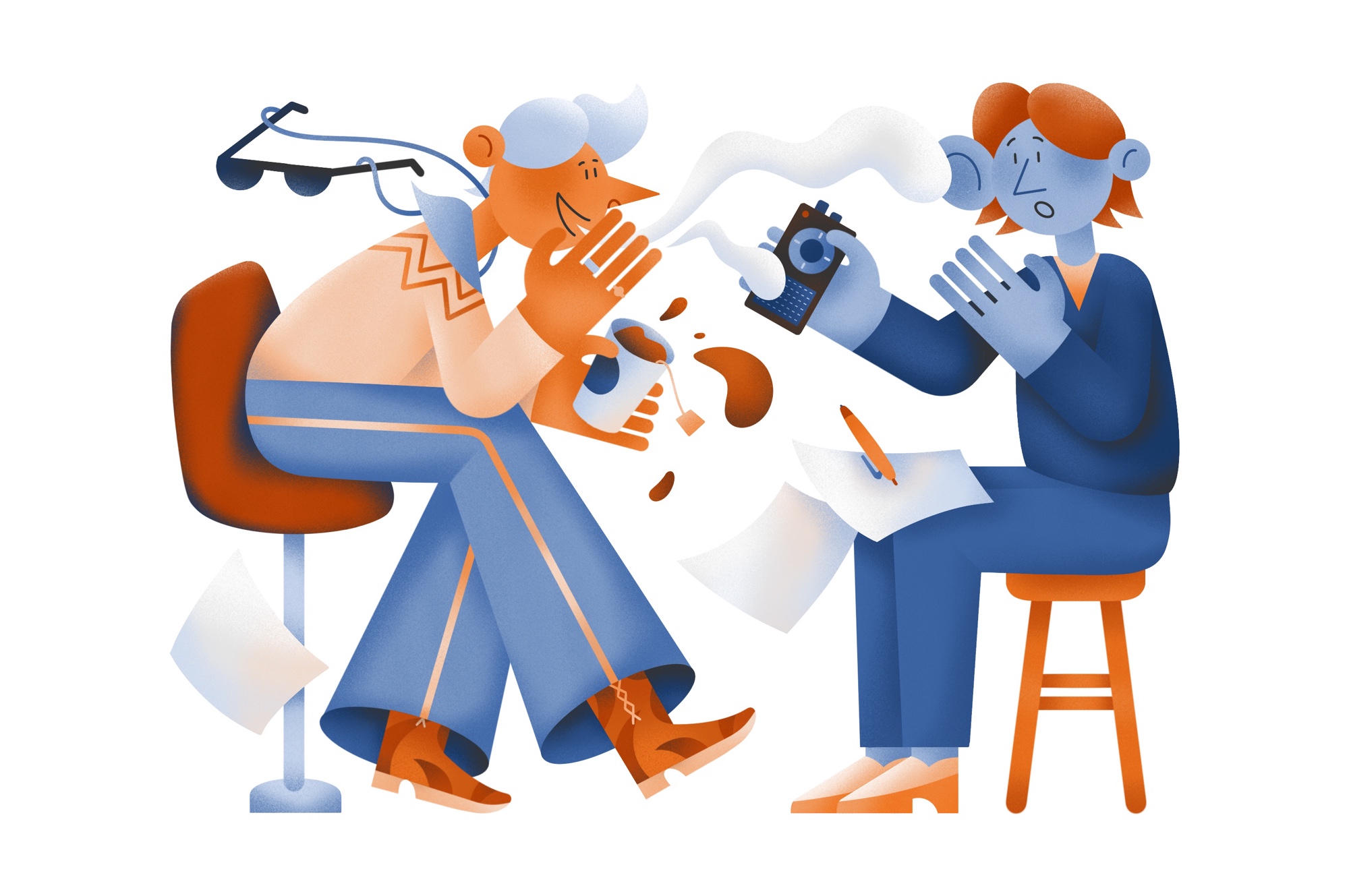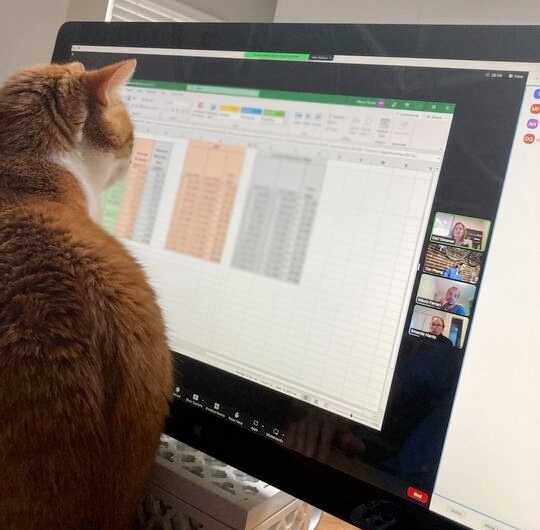From Rachel Toor
No surprise that a handful of presidents forwarded me this piece from The New York Times wondering if the Congressional hearings about campus wars may have had something to do with gender.
While many of us saw the article as a duh story, I keep wondering why current, soon-to-retire, and former presidents of the kinds of institutions The New York Times likes to think represent the entirety of higher ed aren't speaking out on behalf of newer colleagues who have come into their leadership roles in a world that looks a little different than it used to.
From the article: “ 'You have to be kind of an asshole to be president of Harvard,' ” Larry Summers told me in the summer of 2017, as Harvard began its search to replace Drew Gilpin Faust, its first female president, who had succeeded Dr. Summers."
So do women presidents just need to be better assholes?
Or should they become mean girls?
The jazz-hands choregraphed tap-dancing of the too-long-for-a-movie hearings were an exercise in showing women attacking other women. Elise Stefanik got her starring role as the leader of the Plastics, going after the nerds.
Really, while many/most/all presidents receive critical feedback, from what I've heard no one is meaner than the (women) students and young alumni who post hideous and cruel comments on the social media feeds of (women) leaders, attacking the way they look, dress, and parent.
That is not a surprise. What is, however, more disturbing is that it shouldn't be news to anyone that the horror show in Congress had a ton to do with elite-ness and hatred of higher ed, much about gender, and something, too, about race.
With the current rolling back of civil rights for, well, everyone but well-fed white guys (and some RV-enjoying justices), is higher ed going to step up to the challenge of trying to maintain freedom for the rest of us?
*********
We're always looking for ways to enhance The Sandbox and the Insider program, of which you are all paid members—thank you for supporting the (free) news provided by IHE. We're kicking around some possibilities and we'd welcome hearing directly from you with suggestions about what you need and would find useful.
We are planning more webcasts for members, where we bring you experts and consultants to answer (anonymous) questions and provide guidance. (Do you want that, or are you webcasted-out?)
We've also had offers from presidents to host small, informal (it's The Sandbox, people!) gatherings on their campuses. If you're in an area with a rich supply of diverse institutions and can host fewer than a dozen people for, say, a dinner or brunch, we'll put together an invite list and Doug and I will come for some good Chatham House chat.
Presidenting is a lonely job and having people you can talk about it with is key. We've heard that folks crave intimate conversations, more like phone-a-friend than paid consultant, with people who are willing to share experiences or war stories. We know you find peeps at new president boot camps, and conferences provide opportunities to meet people and reconnect, but is that enough?
Dating apps make it easy to find partners. I used Tinder for Dogs (Petfinder) to adopt Harry. Maybe we need an app for presidents in search of peers?
And, get this. We're thinking about reversing a trend and adding commenting on The Sandbox on our website. If anonymous and closely moderated, comments might be another way to allow peer-to-peer mentoring and build community. We're aware of the risks (the cesspool of vitriol) but we also know you all know how to play nicely. Right?
Remember, we're not doing journalism, offering management advice, or providing a platform for bragging. The Insider membership is a service to the profession aided by those who are willing to be real and authentic.
Got ideas? Just drop me an email or friend me on LinkedIn.
*********
Everyone said: They shouldn’t have listened to the lawyers.
Sure, everyone. We know you think that. We've all heard it.
But let’s get real for a minute. How often do you blow off the counsel of people to whom you pay a ton of money for advice? How arrogant confident do you have to be to think you know better than an expert in a high-stakes situation? How much experience does it take—especially in a new role— until you develop a sense of when to trust your own judgment?
Sure, no one wants to be told what to do, but there are better and worse ways to offer (and accept) guidance.
As an editor, I learned that good feedback consists only of suggestions the author accepts. You can be 100 percent correct about what's wrong with a manuscript, but if you can't convince the author that you understand what they're trying to do, being "right" matters not at all.
That means they have to trust you. And as an advice-giver, you need to make sure you know what your client/author/partner/dog really needs and help them get to the place they want to end up. Like everything, it comes down to building and maintaining good relationships.
If you struggle to know when to listen to the attorneys and when to blow them off, well, you're not alone.


